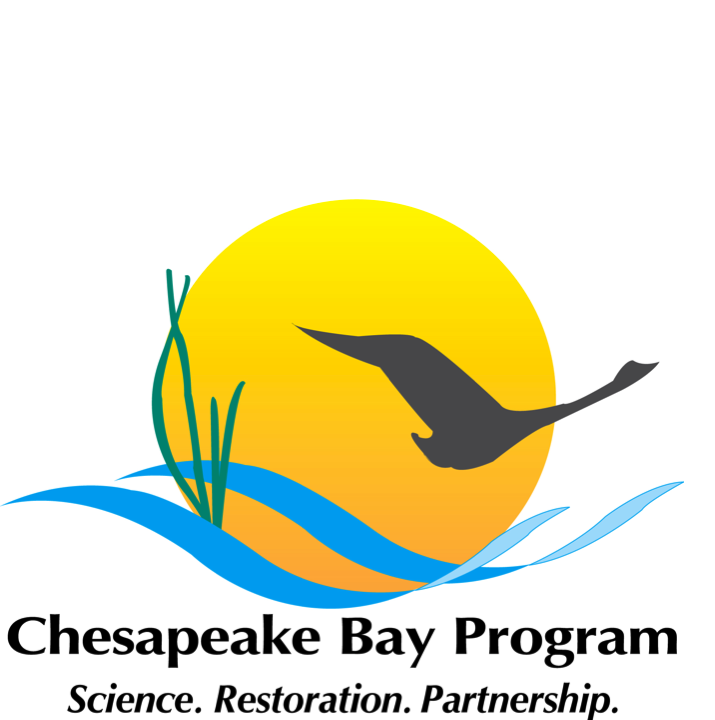
Current Health of the Chesapeake Bay
Learn about the current state of the Chesapeake Bay and the factors that have major impacts on its health. Each topic includes diagrams, data, maps, and an informative summary. Topics

Learn about the current state of the Chesapeake Bay and the factors that have major impacts on its health. Each topic includes diagrams, data, maps, and an informative summary. Topics
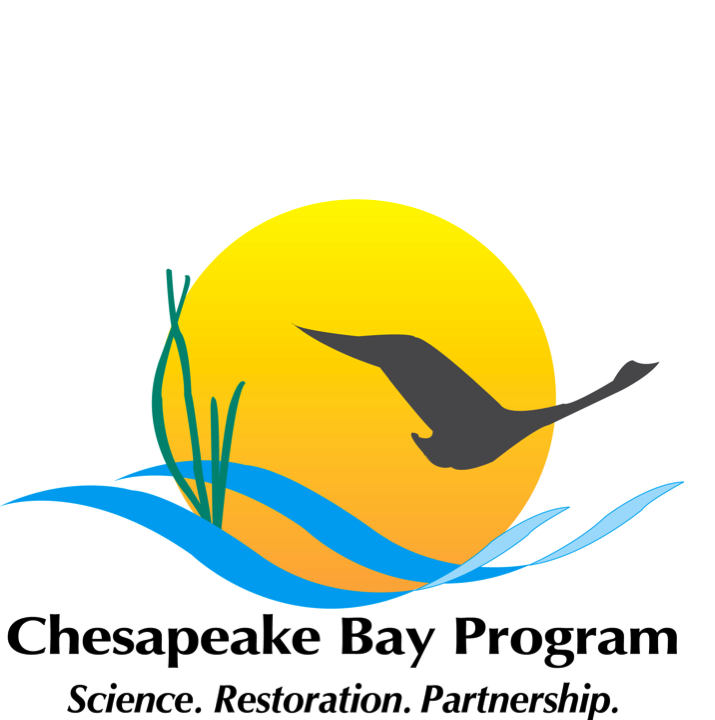
Learn about the complex issues involved in the health and success of the Chesapeake Bay. Each topic includes an introductory video, Overview, Importance, Effects on the Chesapeake Bay, and Current
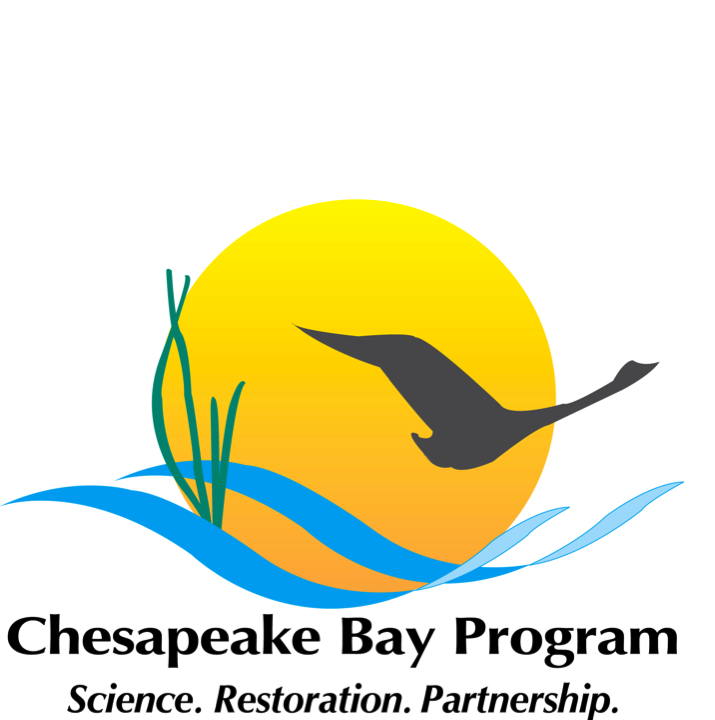
Field Guide: learn more about 250 species of birds, fish, insects, mammals, plants, reptiles, invertebrates, and amphibians in the Chesapeake Bay Watershed Facts & Figures: Discover details about the Chesapeake

Register your school as an Eco School! Students learn environmental responsibility and how to take positive action. Includes Lesson Plans for teachers, Case Studies, Earth Charter for Education Guide, and
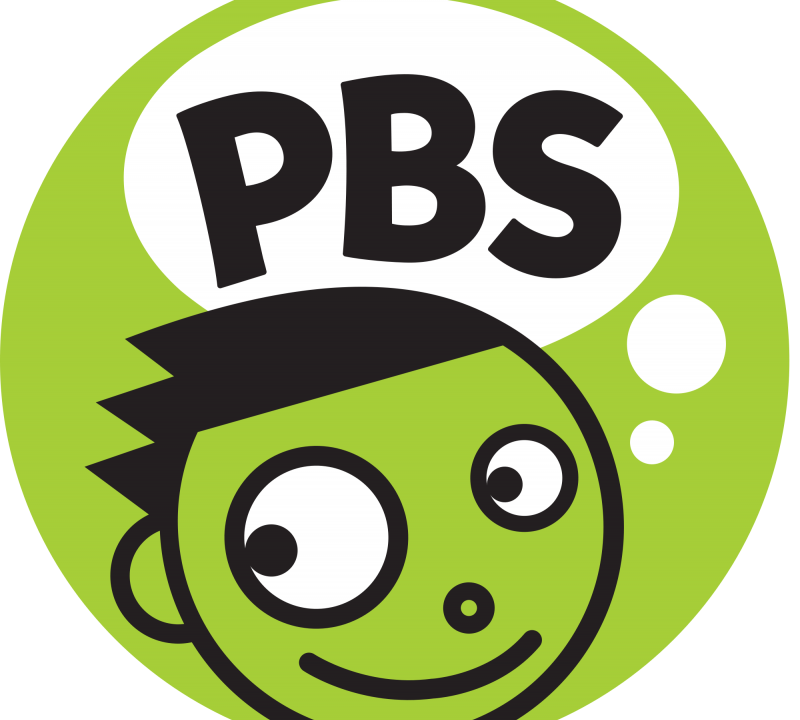
Search through a collection of student environmental projects. Topics include climate, health, education, chemistry, biology, geography, pollinators, and more!
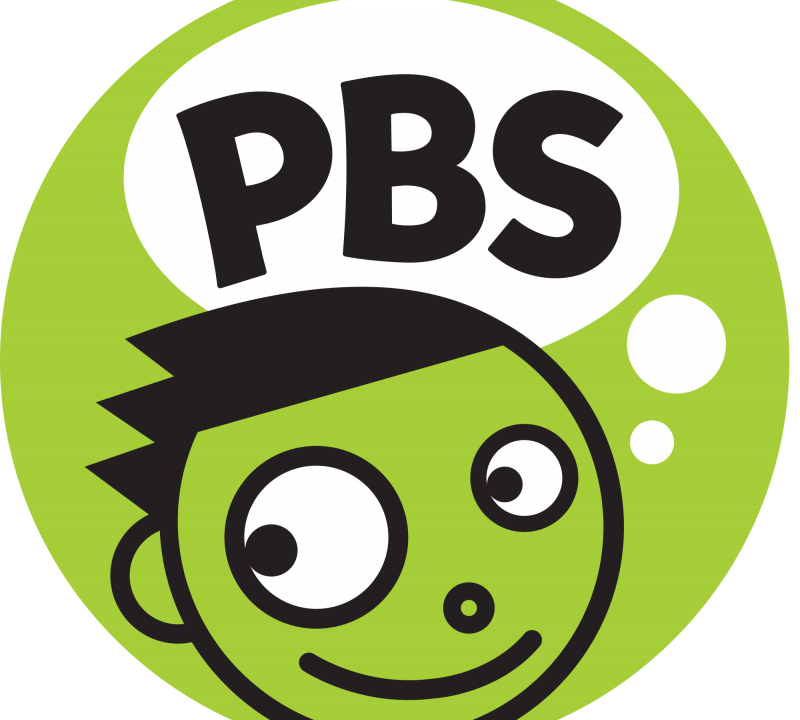
Hands On activity on discovering trash in your local community and thinking about where it comes from and where it should go instead.

Engage in different activities both at school, home and in everyday life to create more resilient actions and reduce your carbon footprint. Activities are in topics from Air Quality, Water
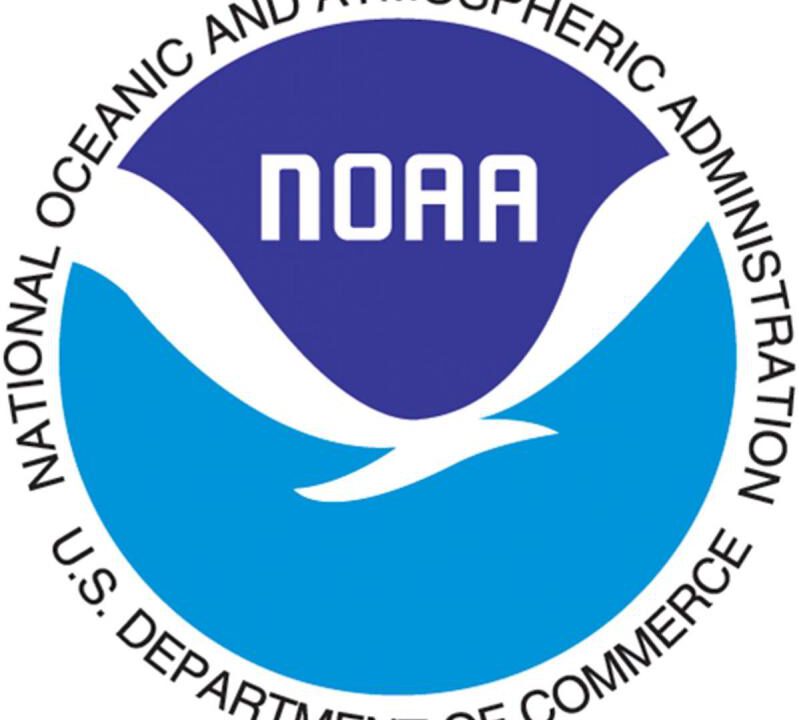
Includes nine hands on Earth Science activities that can be done in 15-30 minutes.
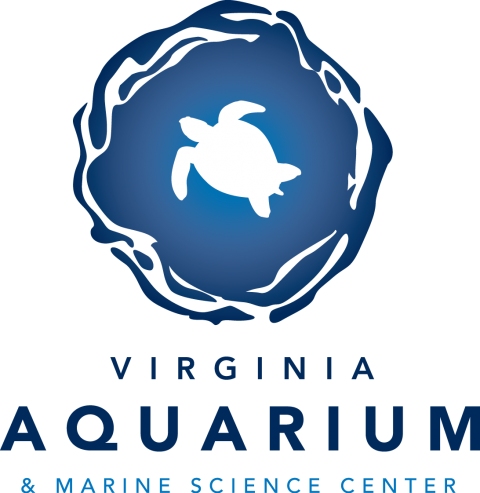
Rent Suitcase Science Kits on Life Cycles, Properties of Water, Animal Adaptations, Food Webs, Sea Turtle Science, and Climate Science in direct correlation with Science SOLs! Each suitcase kit from the

Enjoy this great resource of a collection of field activities, teacher resources, Lesson Plans, Multimedia resources, MWEE activities, and student action projects for their schools and the community. Action projects